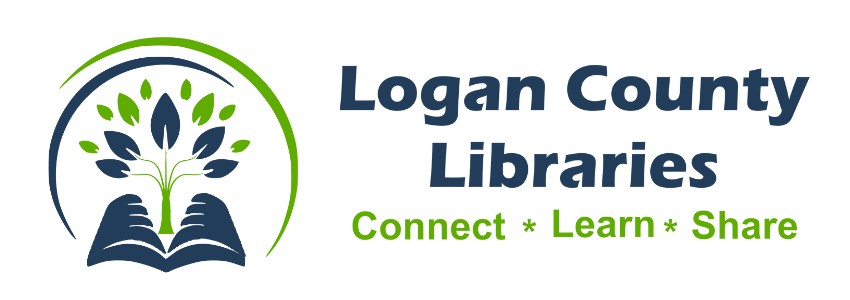
Changes Coming to Your Libby Holds Limit
On May 15, 2025, the Ohio Digital Library (ODL), the consortium that provides Logan County and other Ohio library patrons access to eBooks and other digital resources through the Libby app and the Overdrive website, will reduce the holds limit per cardholder from 30 to 20 holds.
This change is the result of potential funding cuts to the Institute of Museum and Library Services (IMLS), an independent federal agency that provides support to many national libraries, museums, and archives, including the State Library of Ohio. The State Library of Ohio uses IMLS funds to administer the ODL, and these anticipated reductions, combined with a steady increase in digital material prices, makes the higher holds limit unsustainable. ODL is hopeful this change will result in a reduction in wait times for holds fulfillment.
How will this affect me?
Logan County Libraries patrons who are infrequent users of our digital collection will likely not notice the adjustment. For frequent Libby users, the impact may be more significant. Users with more than 20 holds on May 15 will not lose any existing holds. However, you will not be able to place new holds until you have fewer than 20.
How can I keep track of books I want to read?
Some patrons use the hold function as a to-read list, which can inflate their holds list. If this sounds like you, try using the tags feature in Libby. When using tags, you can create custom lists of books you want to read and organize them however you prefer. If you use the Ohio Digital Library website, you can add titles to your wish list. If you use Libby and ODL website, you can import your wish lists into Libby.
How can I help reduce wait time?
If you finish a book before the lending period is over, you can return it early to help reduce the wait time for others. If you forget, ebooks and audiobooks will automatically return when the loan period is finished.
How can I learn more?
If you’re interested in learning more about digital book pricing, you can explore further at this GovTech article: “Behind E-Books, Libraries Find Restrictions and High Costs.” For information regarding possible library funding changes, please go to State Library of Ohio.
